Every year since I've moved to Chicago, on a Sunday prior to Thanksgiving, I (with the collaboration of roommates and later, my wife) have packed our apartment(s) and offices for Fakesgiving, a big, boisterous Friendsgiving that's evolved over the years.
With six Fakesgivings now come and gone, I wanted to share what I've learned from hosting this festive feast, in the hopes that you too will host your own Fakesgiving and start rad new traditions with your favorite people.
Don't forget about the before and after.
The second I moved into *an apartment* I was determined to throw some elaborate themed, seasonal dinner parties. About a month after moving in, my roommates and I packed our pre-furnished cube with all our friends for Rosh Hashanah. I made my first kugel and totally killed it. My roommate found the one shelf of kosher items at the Target in Columbia, Missouri and brought us home two bottles of Manischewitz.
This went well, so we followed with a Fakesgiving, complete with attempting to roast a turkey in our Funcooker-sized oven. Unfortunately, the three of us spending long nights in the newsroom led to the neglecting of some home obligations, and thus, the turkey carcass sat on our dining room table for far longer than it should have, a congealing elephant in the room. Do not do this. If you are preparing to host a Fakesgiving, the first rule is to ensure you're game for the setup and takedown.
Make a plan.
After two Chicago Fakesgiving successes in my solo apartment in Lakeview, I figured my first Fakesgiving with roommates would be easy-peasy. I went in with all hype and (regrettably, on my part) little inter-house communication or planning, and perhaps a little too overzealous with the guest list in a manner that didn't account for two more individual's guest lists as well. The results were, well, kinda messy.
I assumed with such a big group, the menu would work itself out. It didn't. Everyone brought dessert and everyone brought booze. The sweet, sweet slow-cooked brisket was gone in about five minutes. The mac and cheese didn't last much longer than that. And there's a thing that happens when you run out of real food and everyone brings booze and dessert.
Everyone gets pretty drunk.
And then an entire pie ends up face down on your back patio, oozing its sweet, sweet pie innards, and someone drops a pumpkin out the third-story window and you're trying not to think about all the stray city rodents that this madness will attract or how impossible that will be once it freezes. And then someone picks a weird fight with your roommate about the order in which the books are arranged on your bookshelf. I'm amazed we got our security deposit back in full, to be honest.
Looking back, I think, in addition to an admitted lack of foresight, I was a little worried about imposing on guests by assigning dishes instead of just accepting any contribution. But for the three Fakesgivings since, we've provided a suggested list of staples and encouraged people who aren't sure what to bring to take one, and the results are that we always have enough food, people get less drunk and everyone has a better time.
Let your friends show off.
Although it's essential to have a plan and ensure those key staples are taken care of, if someone has a great idea or an iconic family recipe or something weird to offer, go with it.
I've been lucky to meet people in Chicago who have come to our lovely city from all over and brought some great skills and stories with them. One (now former) roommate makes homemade chicken and noodles every year, a holiday staple in his family, and it tastes like Dolly Parton is singing "Coat of Many Colors" sweetly in your ear. The other roommate's planning skills and direction made Fakesgiving better, and in Year Four, when we relocated to my office for the occasion, she brought inviting autumnal vibes with a killer flower arrangement. We have a friend who cures her own meats and one year a professional pastry chef brought cookies and a créme anglaise for dipping.
This year, my wife made enchiladas using her late grandmother's recipe, right down to the homemade sauce made from dried ancho chilies. I never had the privilege of meeting her grandmother, but standing at the counter with my wife, assembly-lining tortillas from burner, to oil, to sauce, to stuffing with cheese and rolling, I was able to catch a glimpse of their life together. Food is an essential means of telling family stories, and that day, I got to hear my wife's, and it's brought us closer.
Take the time to reflect on the true meaning of the holiday.
Each year at our Fakesgiving, we leave a poster board and markers out for our friends to write what they're thankful for. By the end of the night, it's a multicolor mural full of delightful entries. The answers can be simple (shampoo, beds, cheese), or serious (many following the 2016 election), they have been topical ("the Rizzo/Bryant friendship"). They are often silly, but never insincere ("a good poop").

For a cross-section, in addition to the obvious (friends, family, basic human needs being met) several items have always made their way onto the Board of Gratitude. These include:
- Kesha
- Beyoncé
- Butts
- Planned Parenthood and access to contraceptives (complete, one year, with a visual diagram of how IUDs work)
- Pho 777 (Chicago's greatest dining establishment, don't @ me)
- Summer in Chicago
Even in the goofier entries, the mood is sincere, and it's always wonderful to watch a visual representation of what folks are grateful for form. I try to preserve the board in some way every year, either stored or as a photograph, and it's nice to revisit and think of everyone who came into our home, and I'm grateful for them in return.
Take care of and support one another.
Fakesgiving Year Five came just a few days after the 2016 election, after I and many of my friends spent the week dazed and angry and feeling rejected and scared. Many of us still feel this way, though we've found various ways to channel it into action and service in lieu of just shouting into the void.
The mood in the room that night was more urgent than the typical Friendsgiving. The hugs were tighter, a few with tears. But we were all here, and all present, and together, and maybe things wouldn't be okay, but we could support each other and share a meal together, and that wasn't nothing.
Over the past year, cooking -- in particular, cooking for other people -- has been an essential therapeutic process for me, and it started with Fakesgiving. It was getting ready for that dinner -- chopping sweet potatoes, helping my wife arrange the living room for the influx of people, dumping cumin and chili powder into a slow cooker -- that was the first time I'd felt sort of okay in what already felt like an eternity.
In the year that's followed, I've made a habit of inviting friends over for Sunday dinner and trying out new recipes. I know doing this won't solve inequality or climate change or change the trajectory of our complex and gut-wrenching political situation, but it's a way I can take care of the people around me and hope they come away from it feeling loved and supported.
Pie is always necessary.
Pumpkin. Sweet potato. Apple. Pecan. It doesn't matter what your pie of choice is. I respect wherever you are on your pie journey. But a Fakesgiving without pie is no Fakesgiving at all.
If no one in your group has baking skills, that's okay! In the immortal words of the Queen herself, Ina Garten, "store-bought is fine."
Lindsay Eanet can be seen reading around Chicago at shows like "Is This A Thing?," "OUTSpoken," "You're Being Ridiculous" and "Story Jam," and next to you at your favorite bar, skipping over all your songs on the jukebox. She has a weakness for reality competition shows and cries an average of four times during every episode of "American Ninja Warrior." But enough about her, let's talk about you.
For more stories in the "Just Thought I'd Say Thanks" blog series, visit oychicago.com/thanks.
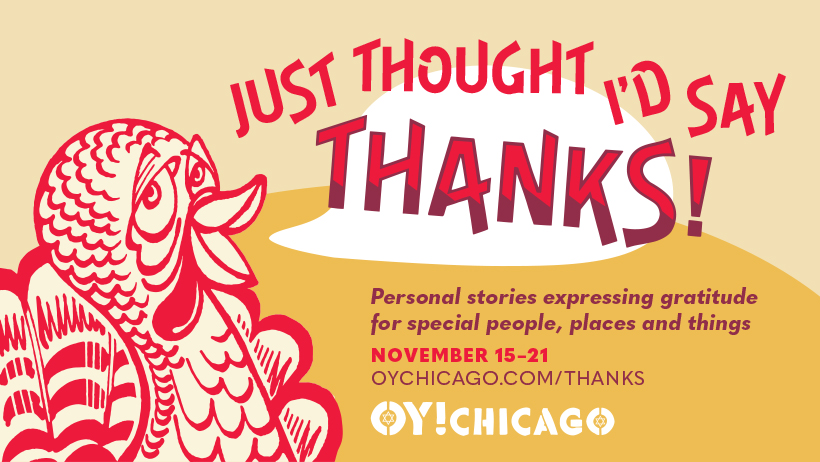


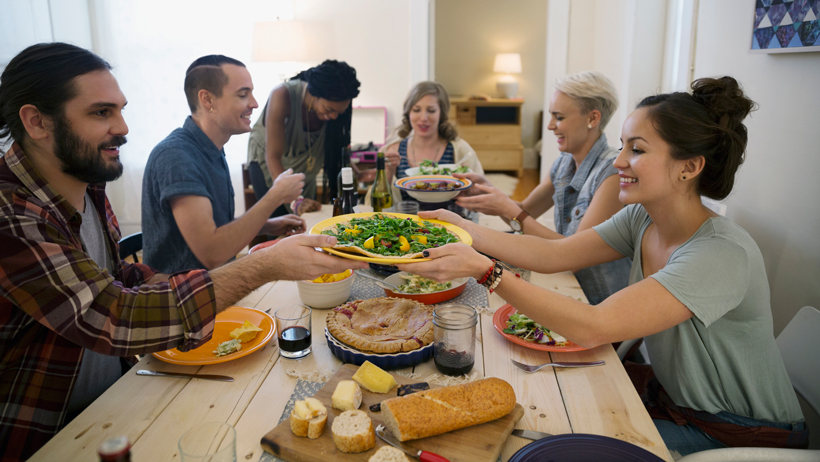
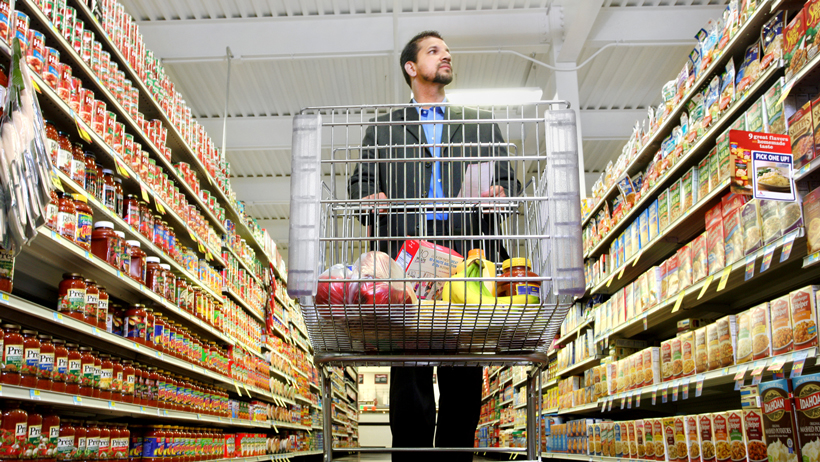
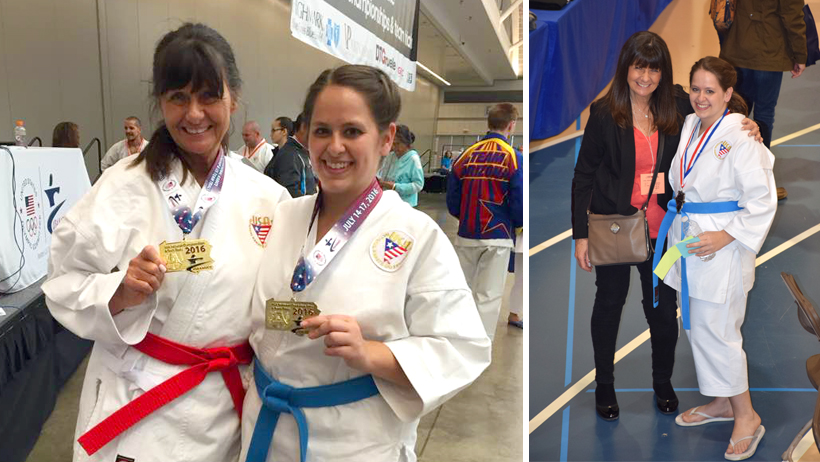

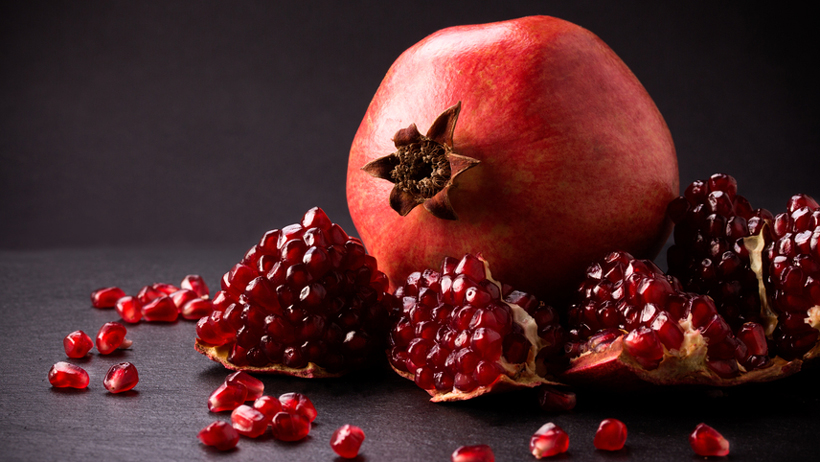

.jpg)



